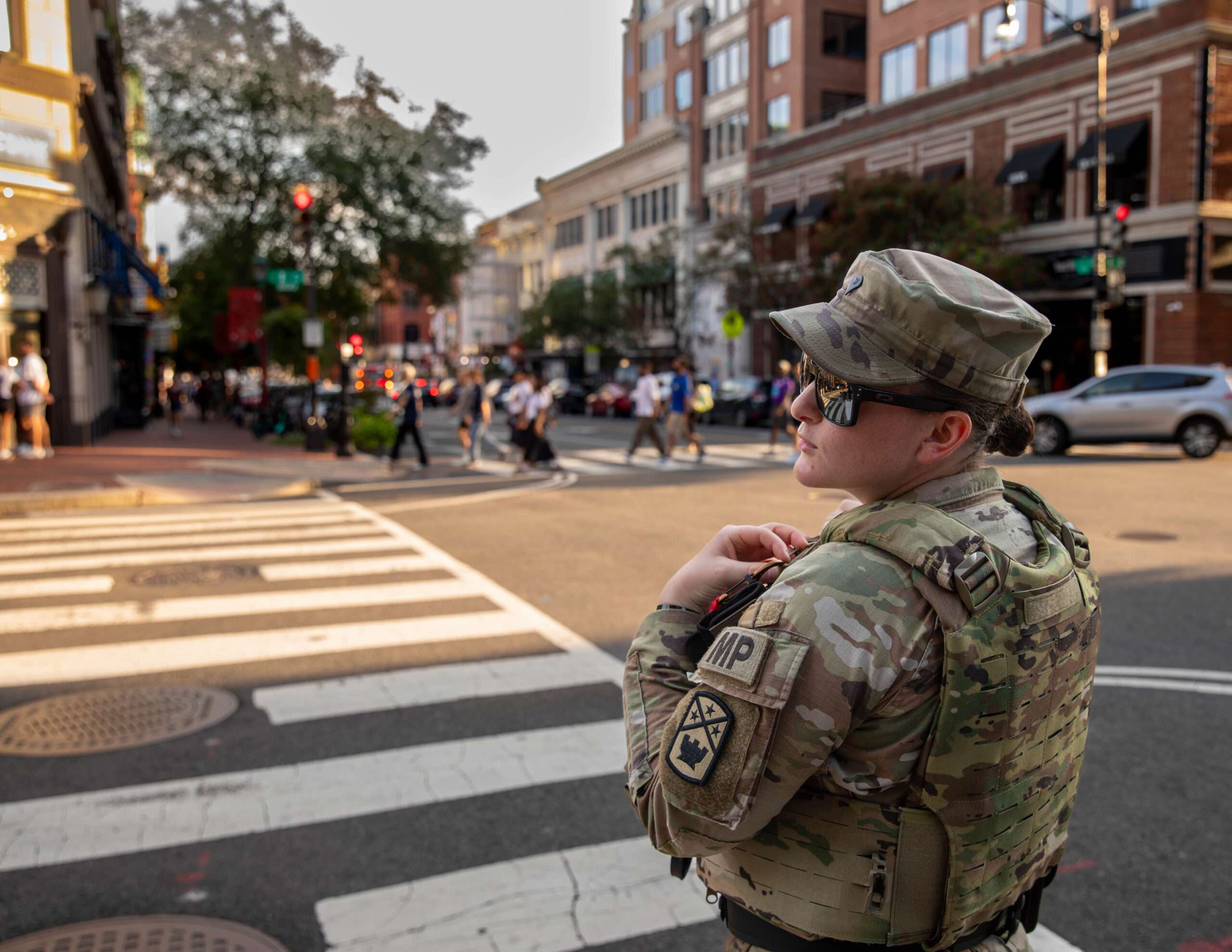A federal grand jury reportedly refused to indict Sean Dunn for hurling a hoagie at a federal law enforcement officer.
The New York Times reported today that federal prosecutors failed to secure a grand jury indictment against Sean Dunn, the Washington, D.C., man who was arrested earlier this month after he hurled a Subway sandwich at a Customs and Border Protection officer.
Dunn’s act of defiance against the Trump administration’s occupation of D.C. with National Guard and federal law enforcement officers earned him viral fame—and an arrest warrant executed by 20 officers in riot gear (and a White House film crew).
As Reason‘s Billy Binion wrote, the “disproportionate response to [Dunn’s] offense epitomizes why Trump’s plan appears to be, at least for now, more political theater than a real solutions-oriented approach” to crime in D.C.
And the grand jury’s decision in his case shows the deep unpopularity of the federal takeover of D.C.’s streets. Dunn’s case is the second recent case where prosecutors for the U.S. Attorney’s Office for D.C. failed to convince a local grand jury to return an indictment for felony assault on a federal law enforcement officer. Prosecutors failed to convince three different grand juries to indict a woman accused of assaulting an FBI agent, forcing prosecutors to refile the case as a misdemeanor.
Federal prosecutors can try again to convince another grand jury to indict Dunn, but of course, they then risk being further embarrassed. The Times called the grand jury’s decision in Dunn’s case a “remarkable failure” by the U.S. Attorney’s Office and a “sharp rebuke.”
Not bound by the Times‘ style guide and decorum, I can explain it to federal prosecutors more bluntly: They’re clowning on you. They don’t respect you, and they don’t want you there.
D.C. residents, because they live in a federal district, may be under the administration’s thumb, but thanks to the right to jury trials, they still have access to a powerful check on excessive and unpopular prosecutions: jury nullification.
Jury nullification is when a juror refuses to find guilt or indict someone due to moral objection to the law or charges in question, regardless of whether the defendant is guilty or not. As George Mason University law professor Ilya Somin wrote at The Volokh Conspiracy in 2018, nullification undermines the rule of law in a system where the criminal codes are more or less uniformly applied, but in the real world it has become, unfortunately, “a counterweight to the enormous discretionary power already wielded by government officials.”
By turning D.C. prosecutions into a public relations campaign, the White House is delegitimizing itself in the eyes of D.C. jurors and, counterproductively, giving them the means to fight back.

https://reason.com/2025/08/27/looks-like-we-found-a-ham-sandwich-a-grand-jury-wont-indict

